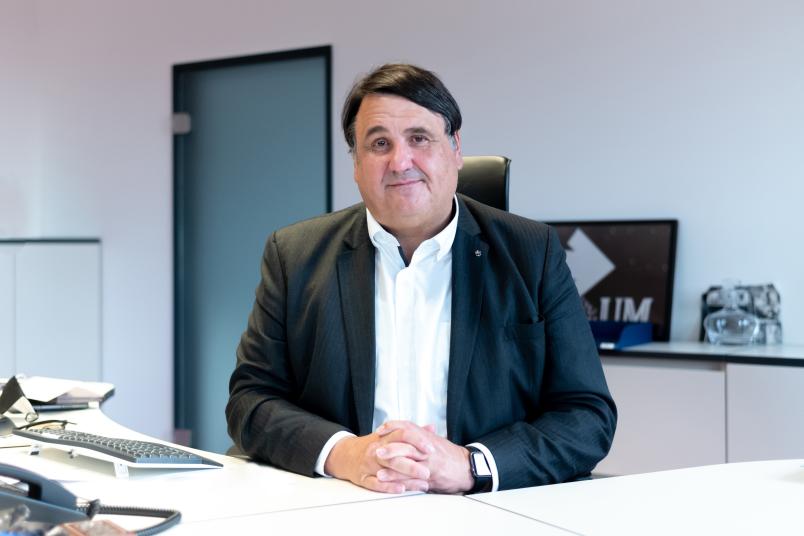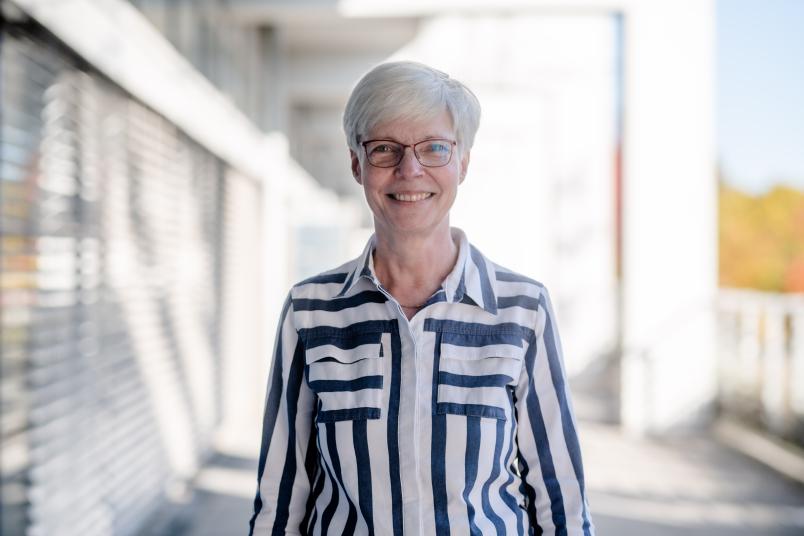Letter from the Rectorate
Well equipped for teaching and studying with masks and 3G rule
The Rectorate addresses the 2G vs. 3G debate in an open letter.
Dear members of Ruhr-Universität Bochum,
Following rising incidences and hospitalisation rates, the discussion about 3G (Covid vaccination, recovery or test) versus 2G (Covid vaccination or recovery) has reached the education sector and the universities.
The Rectorate is continuously monitoring these developments and has found that the careful planning for the winter semester is paying off. Students have the opportunity to attend various discourse-oriented courses in person and thereby study and interact with each other on campus; at the same time, we prevent large crowds from gathering on campus by offering large lectures online.
The hygiene concept is effective: checking students’ 3G status works smoothly, not least thanks to the numerous green vignettes that have been attached to the ID cards of fully vaccinated students since the beginning of the semester. Moreover, mandatory medical masks in the buildings and during courses contribute to the safety of both lecturers and students.
We would like to thank everyone who is ensuring that our students can return to campus for onsite classes. Regardless of all restrictions, everyone returning to in-person teaching and studying is happy to be back. Therefore, we will continue to provide in-person classes following the regulations of the current hygiene concept.
Our position is underpinned by the following two facts:
- We know from random samples and surveys at individual faculties that there is a very high overall vaccination rate among students; at some faculties it is 90 per cent,
- and medical research has proven without a doubt that wearing medical masks largely protects against infectious aerosols.
Accordingly, Ruhr-Universität Bochum is well equipped for teaching and studying by masks and the 3G rule. Needless to say, we keep communicating with the relevant authorities, in order to react at an early stage if the overall conditions should change.
At the same time, we urge everyone who could get vaccinated but has not yet done so to take advantage of the opportunities and contribute to their own safety and that of all of us. We also call on all those who have already been vaccinated to take advantage of the so-called booster vaccination at their doctors or other places, especially if the last vaccination was more than six months ago.
The best way to overcome the pandemic in the long term is for as many people as possible to be fully vaccinated, which will be beneficial for all.
Wishing you good health and all the best,
Martin Paul (Rector) and Kornelia Freitag (Vice-Rector for Academic Affairs)

